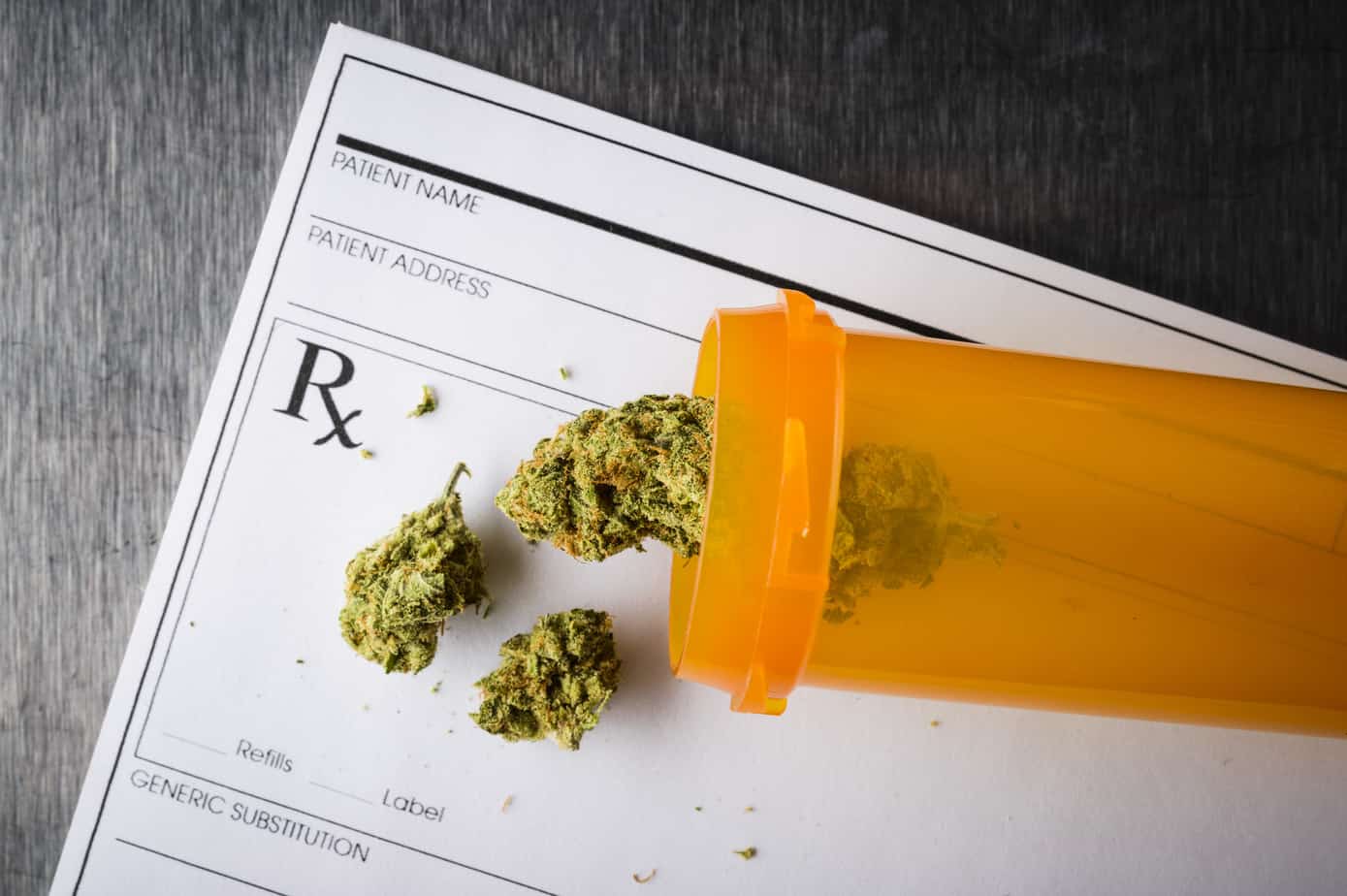Texas House Bill 3703: What You Need to Know
The state of Texas has been in the news in recent months as the legislature review House Bill 3703. This bill relates to “the prescription of low-THC cannabis for medical use by certain qualified physicians to patients with [specific] qualifying conditions”. Originally filed in March of 2019, this bill made its way through the house for the next three months and was finally signed off by the governor and passed into law on June 14, 2019.
HB 3703 was authored by Republican state Rep. Stephanie Klick of Fort Worth, who had also written the state’s Compassionate Use Act back in 2015. While Klick did not sign onto a bill in 2017 that would’ve drastically expanded her 2015 measure, she recently reported that she believes “opinions on this medicine have changed,” which is the reason why she had written this year’s bill for expansion of the medical marijuana program.
What Does this Bill Do?
The feature of HB 3703 that is most notable is the expansion in the list of qualifying conditions physicians can prescribe. Before this bill, the only qualifying condition that could be treated legally with medical marijuana is the condition of intractable epilepsy-and only if two physicians concur that other treatments have been ineffective and medical cannabis is a necessary treatment.
Now, HB 3703 removes the need for two physicians and expands the qualifying conditions list to include:
- Epilepsy (no longer specifically “intractable” epilepsy)
- Seizure disorders
- Multiple sclerosis
- Spasticity
- Amyotrophic lateral sclerosis (ALS)
- Autism
- Terminal cancer
- Incurable neurodegenerative diseases (i.e. Alzheimer’s, Parkinson’s, Huntington’s)
While this measure eliminates the two-physician requirement, any prescribing physician must be “board certified in a medical specialty relevant to the treatment of the patient’s particular medical condition by a specialty board approved by the American Board of Medical Specialties or the Bureau of Osteopathic Specialists”.
What Does this Bill NOT Do?
Despite the extraordinary advances in the legalization of medical cannabis for Texas, this bill does fall short in a few areas. HB 3703 does not negate the state’s current 0.5% THC limit on cannabis products. The problem with this is the fact that 0.5% is significantly lower than what’s available in other states. These states allow for cured cannabis to contain 30% THC levels with some concentrations containing more.
In addition to not increasing the legal amount of THC in cannabis products, this bill also leaves out some qualifying conditions that supporters fought hard to incorporate. Among these excluded qualifying conditions are chronic pain and post-traumatic stress disorder (PTSD), two of the more common qualifying conditions for medical marijuana. Advocates will have to wait until the 2021 legislative session to readdress the addition of these left out qualifying conditions.
While this is one great step forward for medical cannabis in Texas, there is still quite a bit of work to be done. One of the main comments and arguments during the debate period was the problem of not enough data. “We just don’t have the data—good scientific data—that supports PTSD that we can put in the bill at this time,” Campbell said, according to The Texas Tribune. Enter: Arfinn Med.
At Arfinn Med, we believe that the most successful treatment outcomes involve collaboration between medical professionals and patients. With our platform, physicians can record, track and report on medical marijuana treatment plans and efficacies. By joining Arfinn Med, physicians will have access to real, credible data collected from their own practice and case files submitted by licensed physicians throughout the U.S. Ready to learn more? Register today and join a nation-wide network of licensed physicians prescribing medical cannabis.
Sources:
https://legiscan.com/TX/bill/HB3703/2019
https://www.leafly.com/news/politics/texas-lawmakers-expand-medical-cannabis-qualifying-conditions
https://www.texastribune.org/2019/05/22/texas-cannabis-oil-access-expanded-senate/
https://www.texastribune.org/2019/03/07/texas-stephanie-klick-marijuana-compassionate-use-act/





